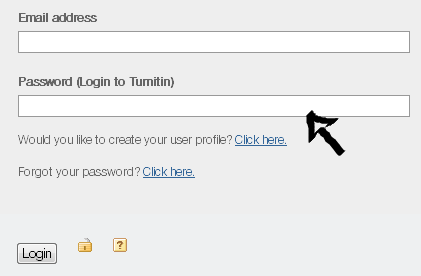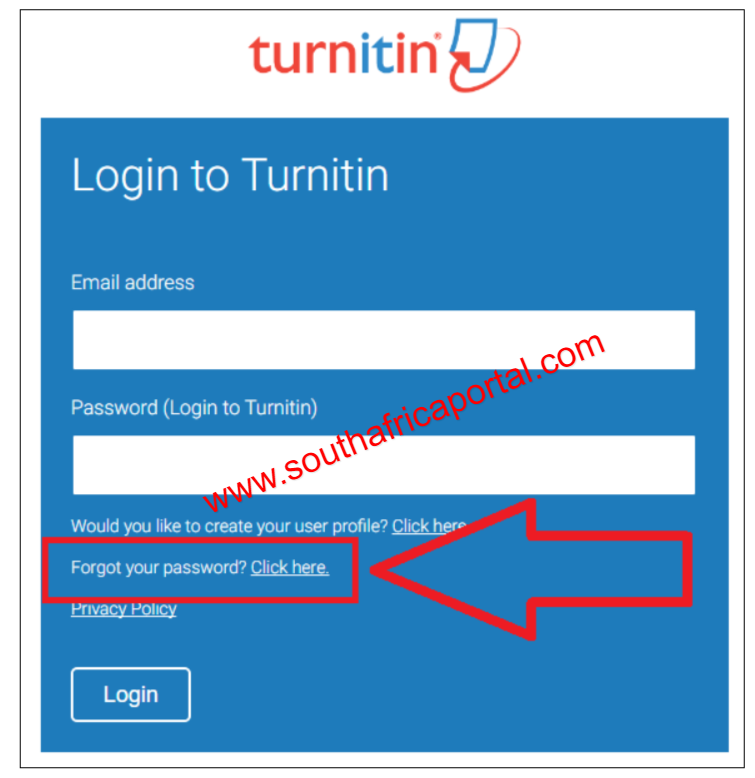

Violations of academic integrity are treated very seriously.

All members of the University community share the responsibility for creating a climate of academic integrity, based on fairness to others and respect for oneself. The University expects students to observe academic integrity in all aspects of their academic life, including the conduct of their examinations, assignments, and research. "PLAGIARISM AND OTHER FORMS OF ACADEMIC DISHONESTY" (APA Style of Documentation: A Pocket Guide, 2009, p.
Forgetting to put quotation marks around a sentence. Various types of miss-attribution might be a matter of error or oversight, but failing to set quotation marks around a directly quoted excerpt from another's work or omitting a correct citation, whatever the intent, constitutes plagiarism." "Presenting other's words, key ideas, or research findings without appropriate and complete acknowledgement. Unintentional Plagiarism - occurs because of ignorance or carelessness. Using a paper you submitted for one assignment for another assignment. Lifting ideas or interpretations from other sources without acknowledgement. Copying out paragraphs or even sentences, of article or books and incorporating them into your own paper without documentation. Buying a paper from a private or commercial source. Copying someone else's research and turning it in as your own. In short, plagiarism in its most serious form involves falsely taking credit for someone else's thoughts and efforts." 

"The direct act of knowingly presenting another's words, creativity, research findings, or ideas as one's own in either exact or paraphrased form. "The act of copying, stealing, or representing the ideas or words of another as one's own, without giving credit to the source." (SJC Student Handbook)








 0 kommentar(er)
0 kommentar(er)
